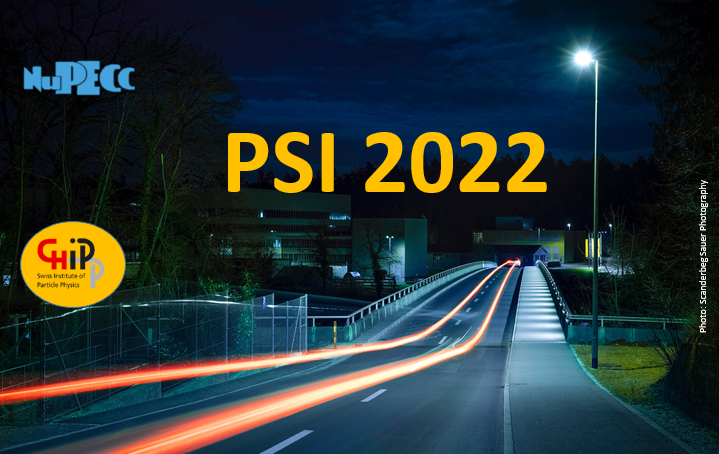Speakers
Description
The $\tau$SPECT experiment aims at measuring the free neutron lifetime, which is a key ingredient for high-precision tests of the Standard Model of Particle Physics and is also fundamental for understanding the production of light elements during the Big Bang Nucleosynthesis.
Neutrons with energies in the range of tens of nano electronvolts are loaded by spin flipping into the tSPECT neutron storage volume, where they are confinded by magnetic field gradients only. With the $\tau$SPECT experiment, the free neutron lifetime can be extracted by counting the surviving neutrons in the storage volume after different storage times. Fully-magnetic storage of neutrons eliminates systematic uncertainties related to neutron-wall interactions present in earlier experiments.
This poster gives an overview of the motivation, the components, the measurement process, and the current status of the $\tau$SPECT experiment, which is located at the TRIGA reactor in Mainz, Germany.
This work is supported by the Cluster of Excellence "Precision Physics, Fundamental Interactions, and Structure of Matter" • (PRISMA+ EXC 2118/1) funded by the German Research Foundation (DFG) within the German Excellence Strategy (Project ID 39083149).
